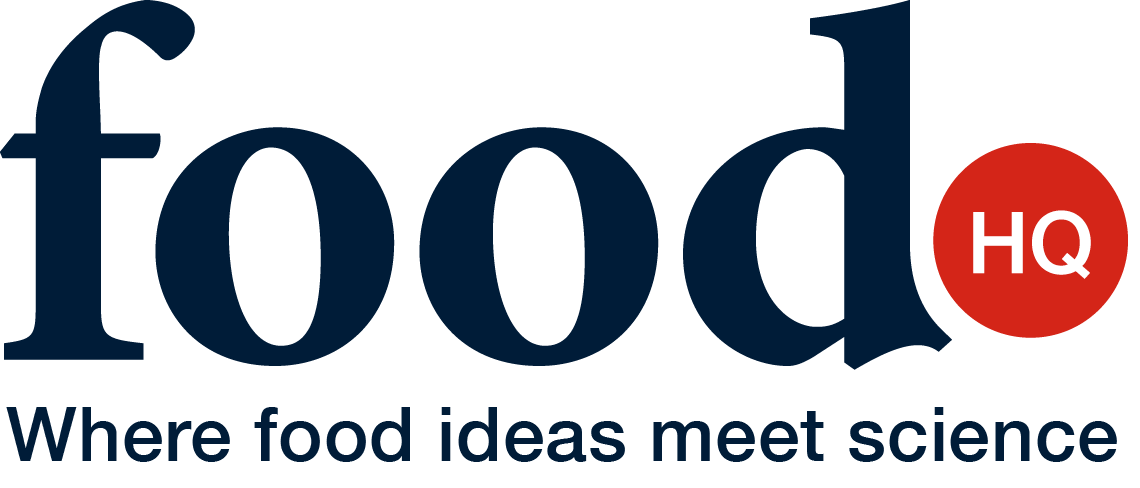IHIP Reflections Series: He kai kei aku ringa – There is food at the end of my hands
Leander Archer and Summer Wynyard at Brightbox, Venlo in the Netherlands.
Summer Wynard is a 3rd year student at Massey University studying Horticulture Science. She has a passion for the sciences and utilising technology to solve industry-related problems affecting her land and her people.
What is horticulture? Horticulture is the art and science of growing crops for the purpose of food consumption. Most people know it as picking fruit over the summer. What they don’t know is the science, research, engineering and technology behind it all. Fruit bought from Countdown, or any major supermarket, has gone through an extensive value supply chain and within this chain there are so many career opportunities. My goal is for the tauira (students) in NZ to realise their potential in this thriving industry.
Whilst in Europe on the International Horticulture Immersion Program (IHIP), two main observations resonated within me. 1) the common and everyday ideal that going to university is just done and often goes hand-in-hand with carrying on to Masters and PhD education. As well as 2) the facilities available to encourage tauira into the horticulture sector.
The ideal that everyone goes to university became clear when we met with a class of Masters students during a conference in Venlo. They stated, “we have to do it (study a master’s degree) if we want to get a good job. There’s just so much competition”. To me, this whole ideal is unbelievable because in my experience most of my friends chose to drop out of school before they were 18. So how is it that students in the Netherlands have the drive to carry on with their studies?
I believe that students in the Netherlands are entering into university and carrying on to higher education as a result of their impressive facilities which is encouraging people to want to work. Huge glass buildings promoting social interaction and free thought were present at many places we visited including The World Horti Centre, Brightlands and Wageningen University. Whilst at World of Food we spent the afternoon exploring Joblabo – an education research centre with interactive technologies for primary/intermediate aged children to test their skills and abilities relating to the primary sector. Based on the results the app is able to determine which job best suits the student including engineer, farmer, scientist or more! This visit for me was by far my favourite and is something I think would benefit NZ students and help promote them into higher education – particularly in the hort industry.
In my opinion, us kiwis have become complacent with what we have and what we could be. Our complacency is a result of our our kiwi she’ll be right/ do-it-yourself attitude and has influenced the vast majority of us to settle for what we have instead of working to be better. From what I’ve seen, students today are dropping out of school before finishing their high school education. At 16 they’re realising that they can be paid to do minimum wage work and that is seen to be more appealing than going to school 5 days a week, 6 hours a day. I completely understand this, however, what most students don’t understand is that if they were to work just a little harder for a little bit longer they could be setting themselves up for a lifetime.
This right here, is what I feel empowered to change. I want to shift the mindset of tauira from leaving school at 16 and gaining minimum wage jobs to working hard towards higher education in order to sustain life-long careers. To me this part is important – the significance between a job and a career. This change, however, doesn’t happen at a university level but instead, needs to happen far earlier. And facilities like Joblabo could be the answer. The growth of the horticulture sector lies within our people. And when I talk about horticulture I refer to every part of its value supply chain – from the growers to the consultants, to the research scientists to the logistic bodies, to the engineers, to the food marketers, and everyone else. And the only way I see this happening is by educating our tauira.
In Māoridom there is a kiwaha (saying) that goes; “He kai kei aku ringa” which translates to “There is food at the end of my hands”. In short, it means to use your skills and abilities to get the best in life. This trip (IHIP) and my learnings have empowered me to utilise my own abilities so that I can uplift other tauira.
Summer Wynard
This blog post was written as part of the recent IHIP programme sponsored by FoodHQ.

